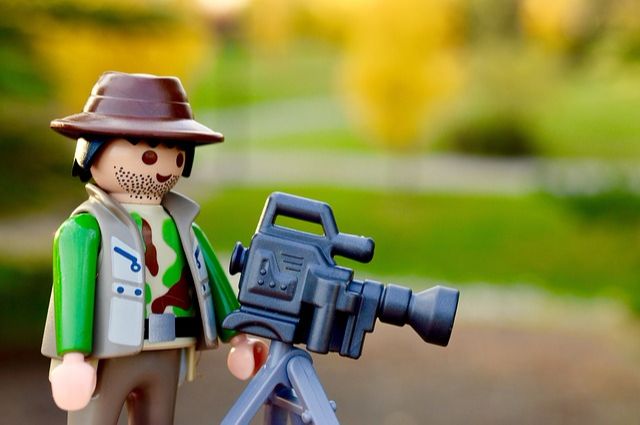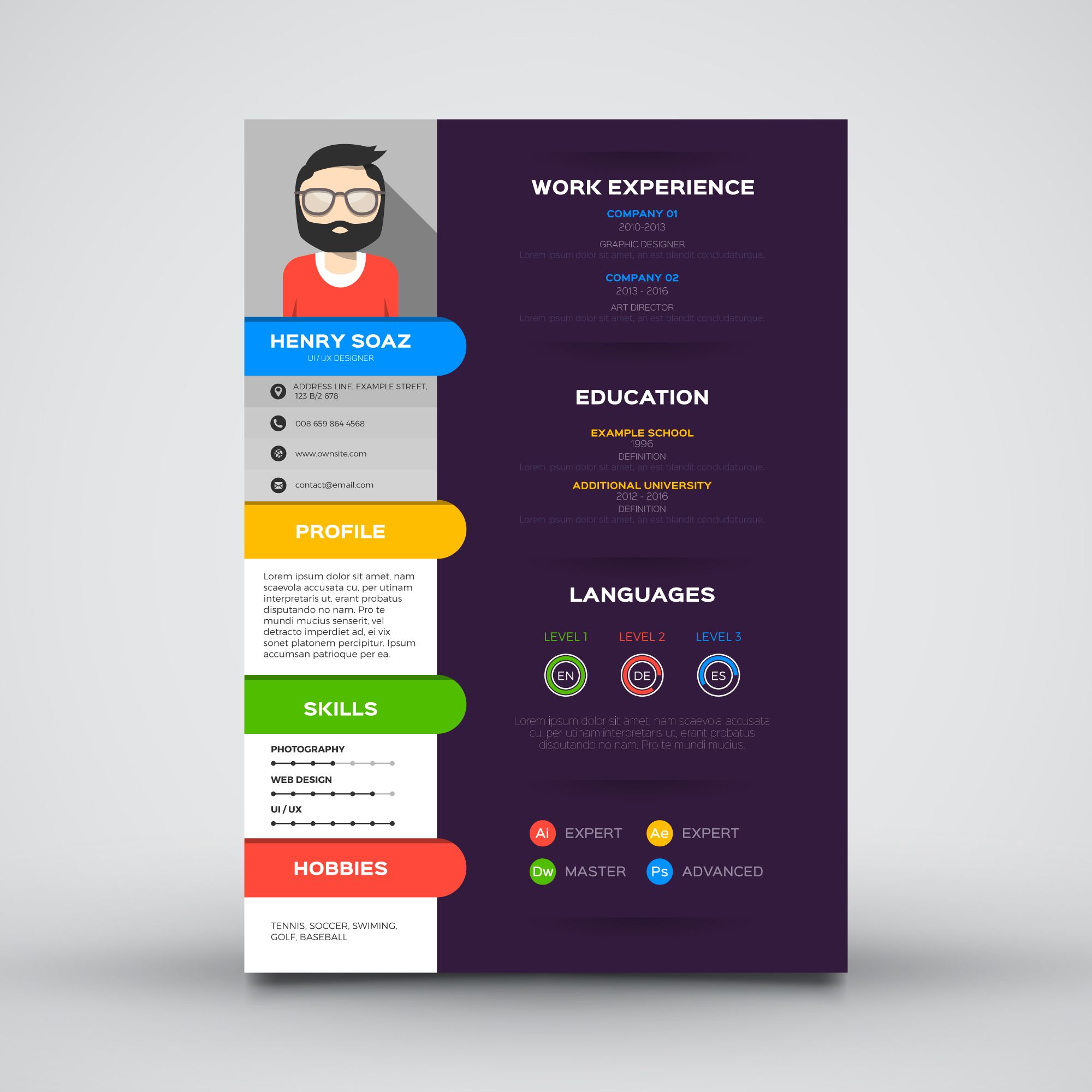Stand-Up Engineering: Are Engineers Funnier Than Everyone Else?
- Piyush Tainguriya
- July 04, 2018
- 0 Comments
- 1 Likes
- 2135 Views

Or Are They Just More Depressed?
It is now a cliche that comedy comes from pain. Every 19 year old that has been to an open mic looks into the middle distance, sighs and repeats this line while talking to a girl. It is also a well known trope that almost everyone in India is an engineer. The way my elders wanted to know someone’s caste right after the introduction, I ask people their branch. But one cliche you might not know about is that the majority of stand-up comics in India are also engineers by education.
In the last few years, everything has changed - the economy, the job market, the technology and in fact the world as we know it. Comedy hasn’t remained untouched either. From ‘’The Great Indian Laughter Challenge’ and ‘Comedy Circus’, we have now seen a shift to “New Age Comedians” like AIB, Biswa, Kanan and many more. The language, style and tone have entirely transformed and we’re seeing Indian comedians on platforms like Netflix and Amazon Prime.
We have come so far from the days of “Ratan Noora” and “Gajodhar Pandey” that even highly educated people with professional careers are now looking at comedy as a valid career option. In fact, it’s not an exception anymore. It’s the norm. I, myself am a student of stand-up comedy and I studied Mechanical Engineering. More than half of my stand-up comedian friends are engineers by education.
What are these changes I keep talking about, you ask? As a comedy fan I’ve noticed changes in the language, tone, content and the comedians themselves. I grew up listening to Hindi comedians and funny poets, some live and some on cassette tapes, and found them hilarious. Now all the biggest comedians talk in English or Hinglish.
The tone in the earlier days of comedy used to be lighthearted or at least playfully cruel. Nowadays comedians don’t shy away from doing some seriously dark material. The content itself has gone from being limited to wordplay and mimicry and has grown to monologues, rants, storytelling, musical comedy, sketches, memes, pranks and is still evolving to encompass as many forms as possible.
The biggest change that I have seen in the personality profile of the comedians themselves. I remember Ehsaan Qureshi - a school teacher from a small town burst on to the scene and became a huge comic celebrity overnight because of his unique accent and lilting delivery. When I look back pretty much the whole cast of participants on those early comedy shows were guys from small towns, in their late 20s to mid 30s looking at the culture of the rural India from a comedic lens.
Cut to the modern comedians - the oldest of them are in their early 30s, the youngest are as young as 15 years old (true story!). They talk about big city traffic, hardships of MNC jobs, injustices of the government and the generation gap between them and their parents. They come from all over the country but the one thing that unites them is that they are educated, urbane and ambitious. I know comedians who’re social activists, economists, actors and RJs.
But the one professional/educational category that takes the cake is...you guessed it...engineers! Not only are engineers in the majority, but engineering jokes are an entire self-contained market. Think of the top 10 Indian comedians and I bet at least half of them would turn out to be engineers. What is going on? A lot of these engineers have day jobs as journalists or content writers or script writers or actors or if nothing else is available, engineers. But at night something happens and the funny bone protrudes (pun intended).
Here’s what I think. The “New Age” comedy scene in India is about 8-10 years old. Almost immediately after 2008, something happened and engineers started spilling into this highly uncertain area of work. What else happened in 2008? The recession. Pre-2008, engineers from all backgrounds enjoyed the almost sure-shot guarantee of a job. Suddenly, in 2008 there were layoffs and many engineers found out that the guarantee didn’t exist anymore. For the first time, engineers were faced with the fact that the market is oversupplied and they’re underskilled.
To be sure it wasn’t a sudden realization. Chetan Bhagat’s “Five Point Someone” was a bestselling book and was a favorite among engineers all over the country. But in 2008 the warnings contained in the book became viscerally real. The future wasn’t so secure anymore and engineers were forced to experiment with their career paths.
Our parents didn’t understand why we couldn’t just get a job after the expensive education they provided us by borrowing money, selling ancestral lands and mom’s jewellery. Their accusing stares, the famous “char log” muttering maliciously in the background and the utter incomprehension of not having a plan has made many a talented young men cry.
I saw a batchmate break down sobbing after relating the story of how his offer letter was rescinded by a major automobile company in front of his whole village as they had come to drop him off to the bus stand in a procession. There was a brass band and everything! He was the first one to get a big MNC job in that village. As the bus pulled in, his phone rang. He picked up to find his HR manager on the line cancelling his job offer due to recession. My friend turned to his father and told him. His father told the band to pipe down. Some of the villagers were truly shocked and some took pleasure ij his misfortune. Then the whole procession walked back to the village in silence.
He told me this story over drinks and cried for 10 minutes straight. The horror of it made me speechless. But I had to say something. My friend who was talented, hardworking and deserving was unemployed and sobbing in front of me. I said “Imagine, 10 years from now, you’re getting married. Your baraat is going to the bride’s house. You’re on a horse looking magnificent. Your village people surround you, dancing to the same brass band. Just then you get a call…”. He looked up, smiled and we both burst out laughing.
I imagine many such scenes taking place all over the country and that’s why I think engineers dominate comedy. If we didn’t laugh, we’d cry. And we can’t have that, can we?
Piyush Tainguriya
An engineer by education, writer by profession and a stand-up comic by vocation. I'm only half joking though.
START LEARNING
START LEARNING
START LEARNING
START LEARNING
START LEARNING
START LEARNING
START LEARNING
START LEARNING
-
![]()
How YouTube Paid For My Pocket Money
January 25, 2018
-
![]()
How I Pursued My Passion For Film-Making
January 26, 2018
-
![]()
15 Tips For a Great Engineering Resume
February 02, 2018



 ALL COURSES
ALL COURSES  COMMUNITY
COMMUNITY  LIVE CHATS
LIVE CHATS  EXPERTS
EXPERTS  MY CERTIFICATES
MY CERTIFICATES  ABOUT
ABOUT  SUPPORT
SUPPORT
Comments (0)
*Some Comments would not be shown if marked as Spam